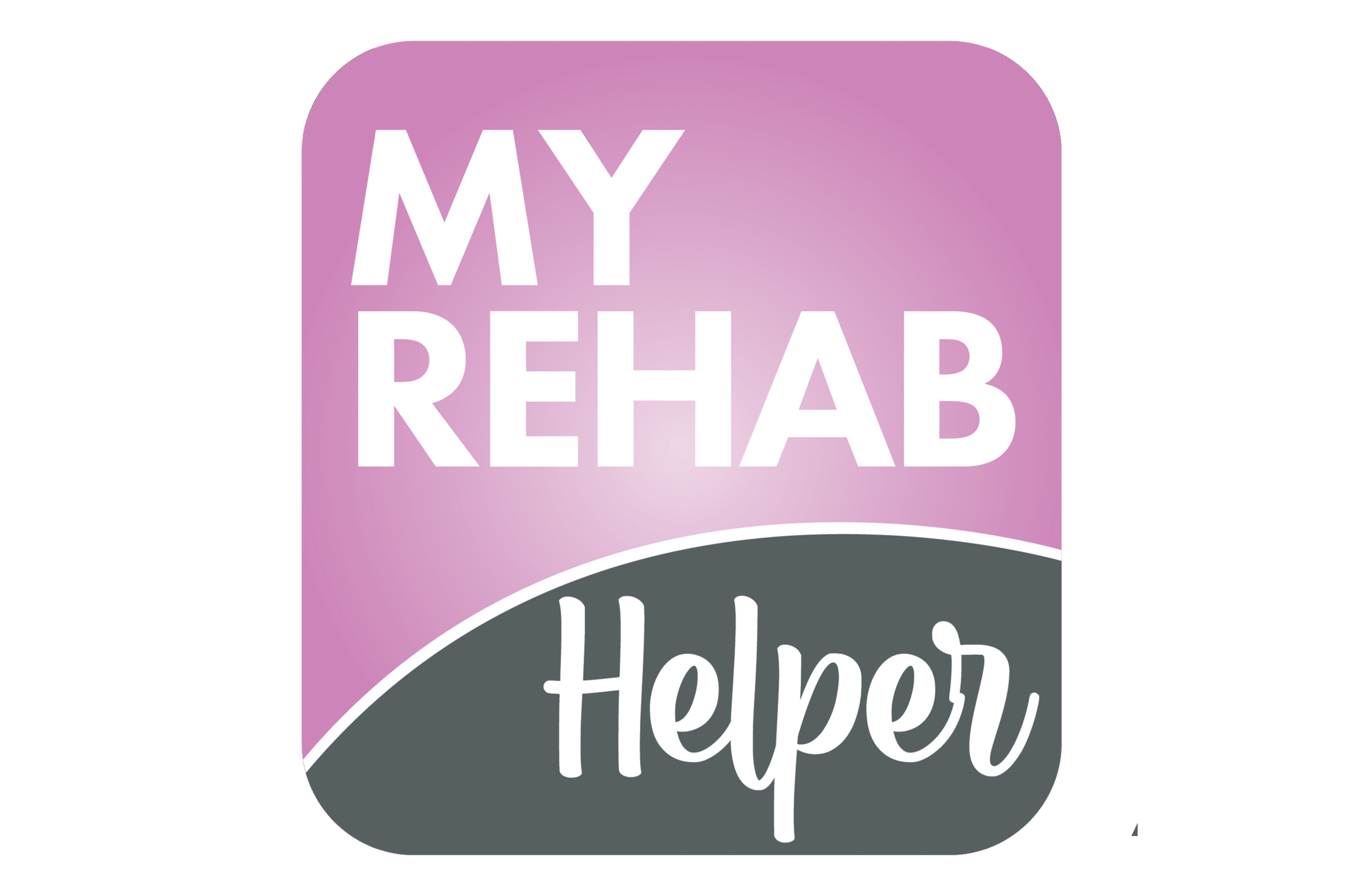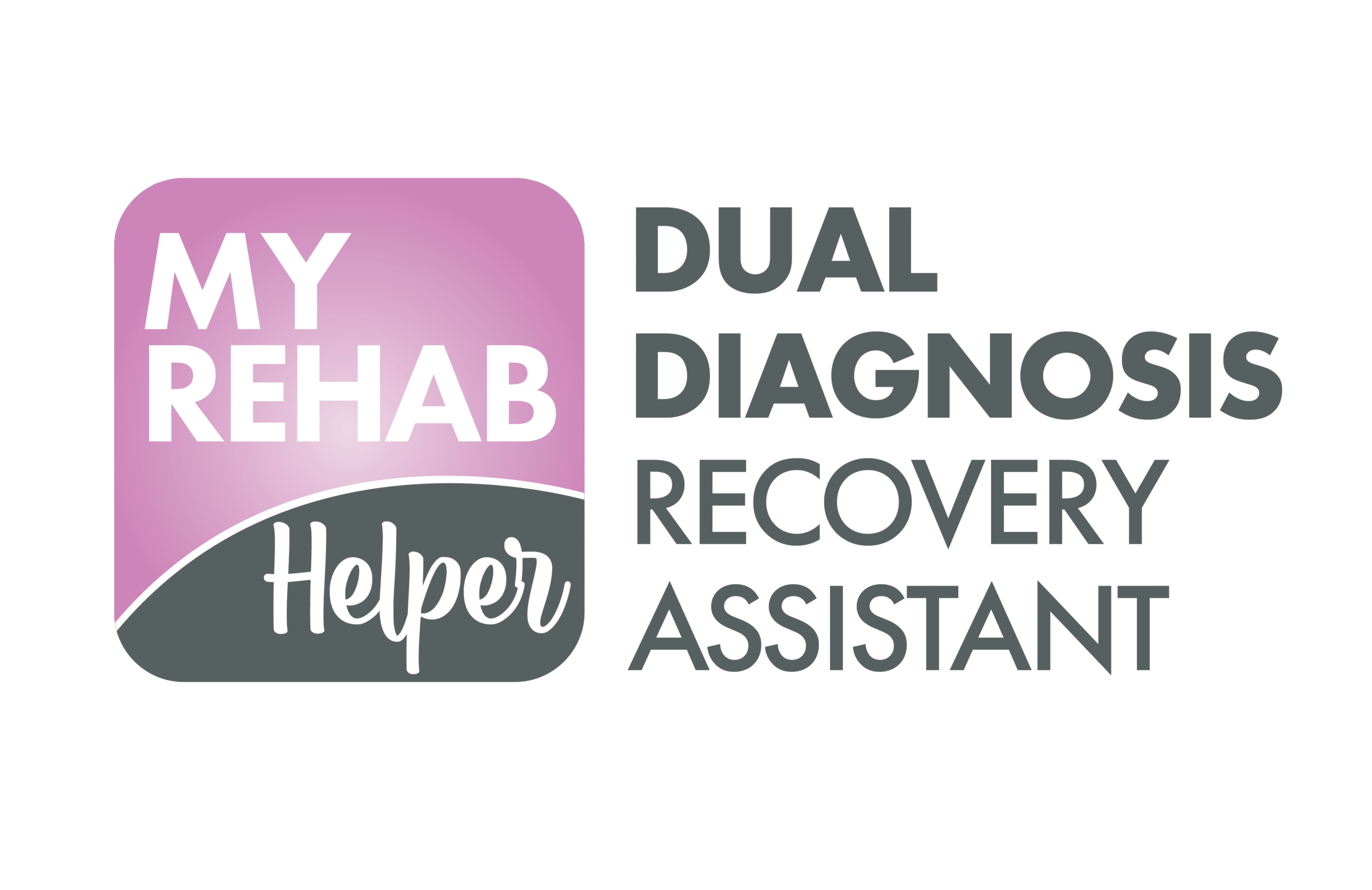
What are the Risks of Long-Term Sleeping Pill Use?
What are the Risks of Long-Term Sleeping Pill Use?
Potential Risks and Side Effects of Long-Term Sleeping Pill Use
Long-term use of sleeping pills, including both prescription sedatives and over-the-counter sleep aids, carries several potential risks and side effects. These medications are typically intended for short-term use, primarily because prolonged use can lead to an array of complications:
Dependency and Addiction
Physical dependence leads to withdrawal symptoms. Psychological addiction makes users believe they can't sleep without it. Both are major risks.
Tolerance Development
Tolerance necessitates higher doses. Increased doses elevate side effects. Dependency risks rise with tolerance. Monitoring dosage is vital.
Call one of our MyRehab Helpers now!
Contact one of our helpers for ethical referals to a facility or health care professional that suits your unique circumstances.
Withdrawal Symptoms
Abrupt discontinuation causes withdrawal. Symptoms include anxiety and tremors. Severe cases may involve seizures. Gradual tapering is recommended.
Cognitive and Memory Impairments
Memory issues are common. Poor concentration and confusion arise. Older adults are more affected. Cognitive impairments should be monitored.
Reduced Sleep Quality
Pills alter sleep architecture. Deep sleep stages are reduced. Overall sleep quality diminishes. REM sleep may be particularly affected.
Increased Risk of Accidents
Drowsiness impairs coordination. Morning after effects are notable. Elderly face higher fall risks. Vigilance is required to prevent accidents.
Health Risks
Cardiovascular and respiratory issues are possible. Cancer risks are being studied. Behavioral changes like aggression can occur. Broad health impacts are noted.
Behavioral Changes and Paradoxical Reactions
Behavioral changes include aggression. Hallucinations and agitation may occur. CNS impacts lead to paradoxical reactions. Monitoring is crucial.
Dependency in Life Functioning
Over-reliance develops quickly. Other health aspects may be neglected. Holistic health management is essential. Dependency affects overall well-being.
Interaction with Other Medications
Interactions with medications are common. Side effects can exacerbate. Dangerous health outcomes may arise. Consultation with healthcare providers is key.
Call one of our MyRehab Helpers now!
Contact one of our helpers for ethical referals to a facility or health care professional that suits your unique circumstances.
Masking Underlying Conditions
Sleeping pills may mask issues. Identifying underlying conditions is delayed. Mental, endocrine, and neurological issues may be hidden. Early diagnosis is essential.
Recommendations for Long-Term Use
Regular monitoring by providers is crucial. Alternative treatments should be explored. Gradual tapering minimizes withdrawal. Comprehensive care supports health.
Exploring Non-Pharmacological Treatments
Non-pharmacological treatments are effective. Cognitive-Behavioral Therapy (CBT-I) is recommended. Lifestyle changes aid sleep. Improving sleep hygiene helps.
Monitoring Usage
Regular monitoring prevents misuse. Dosage should be carefully managed. Health providers must evaluate usage. Vigilance ensures safe use.
Encouraging Holistic Health
Holistic health management is vital. Address diet, exercise, and stress. Integrate alternative treatments with medication. Overall well-being supports better sleep.
